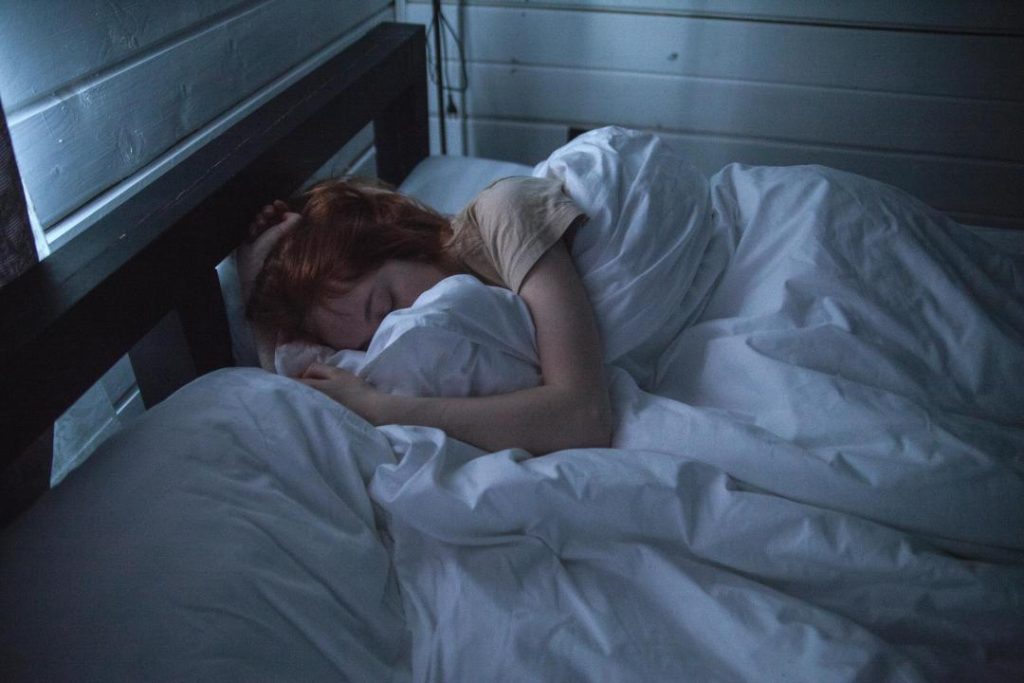
New Study Shows Sleep Loss Lowers Athletic Performance
When it comes to achieving athletic success, many factors come into play, including diet, training, and mental preparation. However, a recent study has shed light on another crucial aspect that can significantly impact performance: sleep. A systematic review published in Frontiers in Physiology has found that sleep deprivation can have a profound impact on athletic performance, leading to decreased endurance, strength, speed, explosive power, and skill accuracy. This is a wake-up call for athletes and coaches alike, highlighting the importance of prioritizing quality sleep for optimal physical function.
The study, which analyzed data from 21 previous studies, found that even partial sleep loss can have significant effects on athletic performance. This is not limited to professional athletes; the findings also apply to recreational athletes and individuals who engage in regular physical activity. The researchers discovered that sleep deprivation can:
- Decrease Endurance: Sleep loss can reduce an athlete’s ability to sustain prolonged exercise, leading to fatigue and decreased performance.
- Impair Strength: Sleep-deprived athletes may experience decreased muscle strength, making it more challenging to complete exercises and tasks.
- Slow Speed and Reaction Time: Sleep deprivation can slow down an athlete’s reaction time and speed, potentially leading to missed opportunities and decreased performance.
- Affect Explosive Power: Sleep loss can reduce an athlete’s ability to generate explosive power, making it more difficult to accelerate or decelerate quickly.
- Impair Skill Accuracy: Sleep deprivation can negatively impact an athlete’s ability to perform complex motor skills, such as shooting, throwing, or serving.
Furthermore, the study found that even mild sleep loss can have significant effects on athletic performance. This is a concern, as many athletes and individuals may not be getting the recommended 7-9 hours of sleep per night. The researchers noted that sleep deprivation can make exercise feel harder, even if an individual is physically capable of completing the task. This can lead to decreased motivation, increased fatigue, and a higher risk of injury.
So, what can athletes and coaches do to minimize the impact of sleep loss on athletic performance? Here are some strategies to consider:
- Establish a Consistent Sleep Schedule: Go to bed and wake up at the same time every day, including weekends, to regulate your body’s internal clock.
- Create a Sleep-Conducive Environment: Make your bedroom a sleep haven by ensuring it is dark, quiet, and at a comfortable temperature.
- Limit Screen Time Before Bed: Avoid screens for at least an hour before bedtime, as the blue light emitted can interfere with your body’s production of melatonin.
- Avoid Stimulants Before Bed: Avoid consuming caffeine, nicotine, and other stimulants in the hours leading up to bedtime, as they can disrupt sleep.
- Prioritize Relaxation Techniques: Engage in relaxation techniques, such as deep breathing, progressive muscle relaxation, or meditation, to help manage stress and anxiety.
In conclusion, the findings of this study underscore the importance of prioritizing sleep for optimal athletic performance. By making sleep a priority, athletes and individuals can improve their endurance, strength, speed, explosive power, and skill accuracy, ultimately leading to better overall performance. As the study’s authors noted, “Sleep is not a luxury, but a necessity for optimal physical function.”
Source: https://thepfc.club/blogs/news/how-sleep-deprivation-affects-sports-performance-and-fatigue






